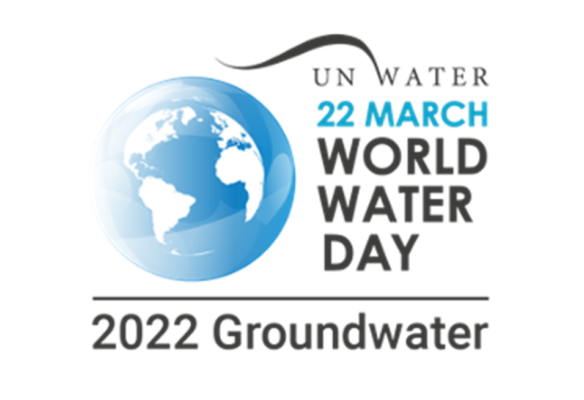Here at the Water Underground blog we are excited by the myriad of events that are happening on and after March 22, World Water Day which is celebrating groundwater for the first time ever. The flagship kick-off will be the 9th World Water Forum in Diamniadio (Dakar) with other events around the world in March and throughout the year, culminating in the UN-Water Summit on Groundwater in Paris. UNE ...[Read More]
Unearthing a new editorial team for Water Underground
Post by Tom Gleeson (University of Victoria) The Water Underground blog has existed for about 10 years, largely led by myself with many contributions from around the world (see About). I am excited to announce a new editorial team for the blog. They have emerged from the depths to bravely lead Water Underground into the future! Who? The new editorial team of early career scientists are #sci ...[Read More]
Hey groundwater instructors! Here’s a new resource for bringing diverse voices and research into your classroom
Tom Gleeson (University of Victoria), Viviana Re (University of Pisa) Now that we have your attention… We have started releasing the Water Underground Talks that we introduced in this post. You can find the full list of talks on this new webpage. Our motivation from the start was to provide new resources to instructors around the world who teach hydrogeology or groundwater hydrology as we ex ...[Read More]
underground social solidarity: rose, thorns and buds in the COVID-19 pandemic
Well, the world is certainly in a crazy time – one of the most enlightening tweets that I keep thinking about is: In a longer article, Klein asks a crucial question: can social solidarity replicate faster than the virus? So to encourage social solidarity in our dispersed global community of groundwater nerds, I suggested we share: A picture of our #StayAtHomeAndStaySafeView A song that is wo ...[Read More]
WTF of the WTF method
by Tara Forstner, University of Victoria I recently wrote a term paper for one of my graduate classes on the limitations of the water table fluctuation (WTF) method, and I have to say, WTF! Techniques using groundwater level fluctuations as a means of calculating recharge are very common. With observation well hydrographs and precipitation data, this method can be applied quite simply, requiring n ...[Read More]





